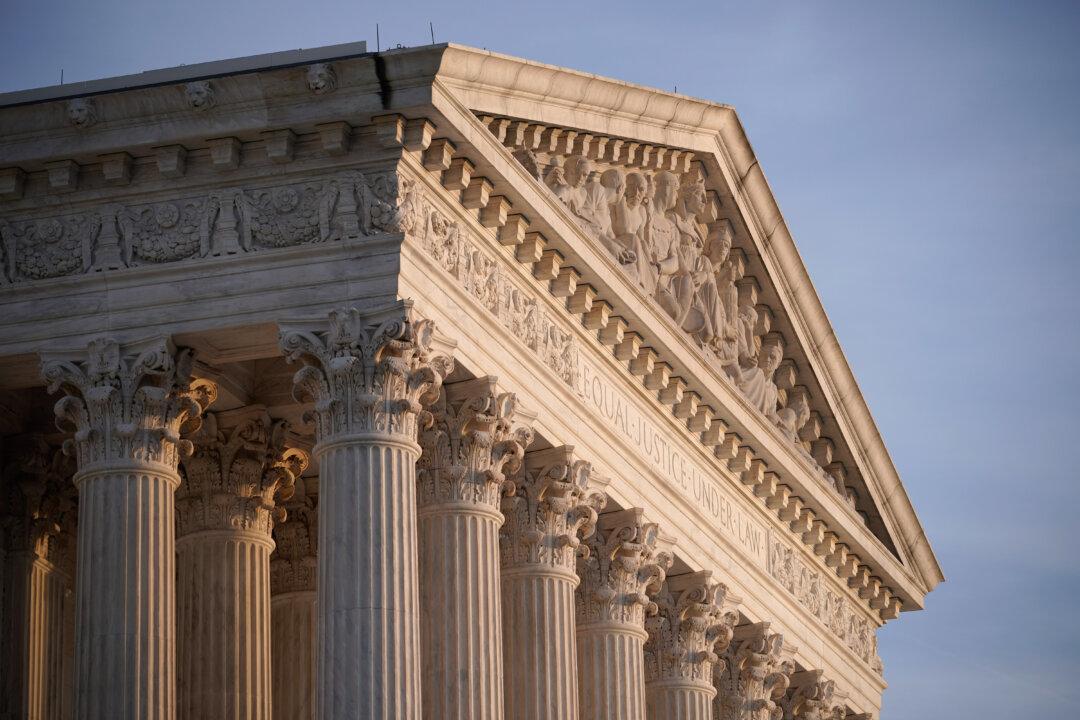Commentary
The Supreme Court’s refusal to grapple with 2020 presidential election lawsuits concerning patently dubious policymaking by judges in Pennsylvania is a dereliction of duty of the highest order.

The Supreme Court’s refusal to grapple with 2020 presidential election lawsuits concerning patently dubious policymaking by judges in Pennsylvania is a dereliction of duty of the highest order.